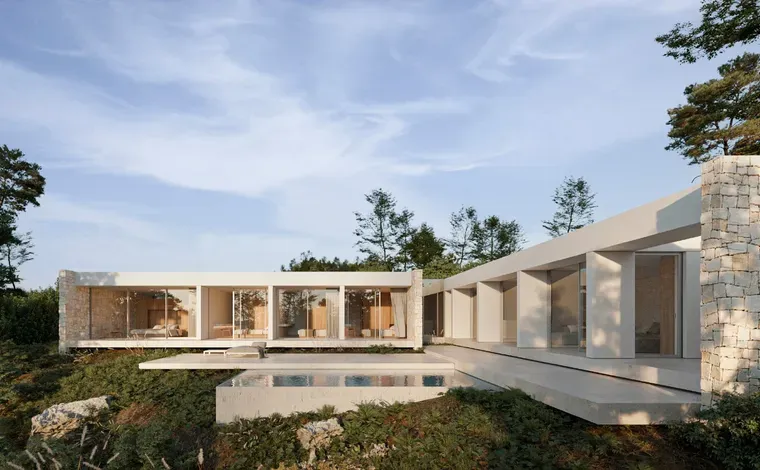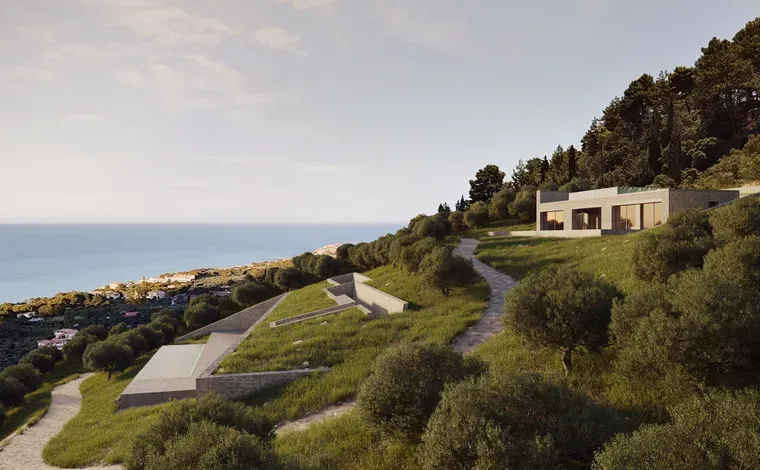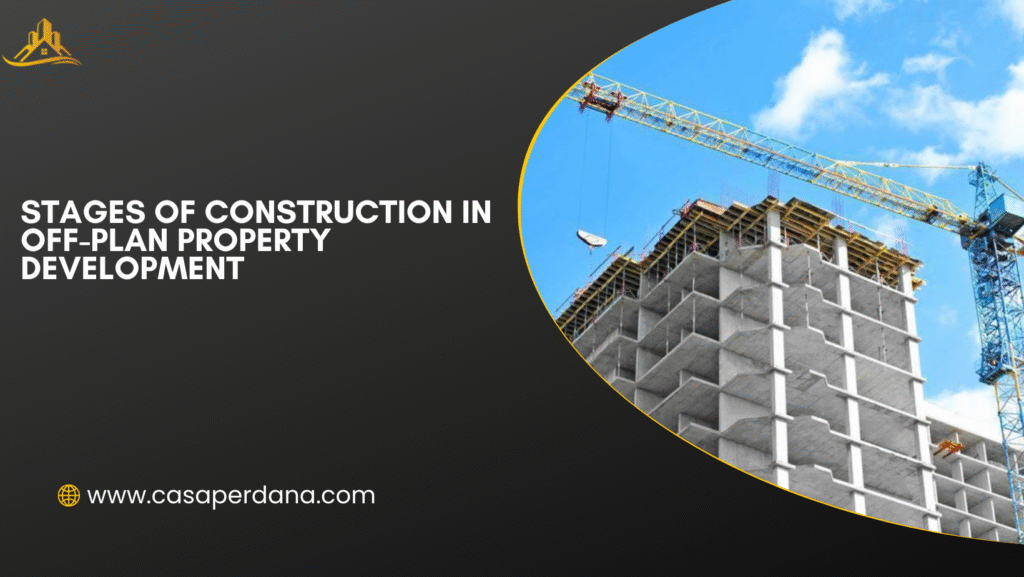Have you been wondering some of the top questions to ask before buying a property? As you continue reading, we will enlighten you about the questions to ask before buying a property.

Investing in an off-plan property can be exciting, but it’s not a decision to take lightly. With the promise of modern designs, flexible payments, and potential capital gains, it’s easy to get swept up in the opportunity.
However, asking the right questions before making a commitment is essential. From understanding the developer’s track record to reviewing payment schedules and project timelines, due diligence can save you from future regrets.
To make a smart and secure investment, you need clarity at every step. Here are the top questions to ask before buying an off-plan property.
Important Questions to Ask Before Buying a Property

Here are some top questions to ask before buying a property:
1. Who Is the Developer and What’s Their Track Record?
Before buying an off-plan property, thoroughly research the developer. Ask about their experience, the number of completed projects, and their delivery timelines.
Visit previous developments if possible to assess the quality of construction and finishes. Check online reviews and testimonials from past clients to gauge credibility. A developer with a strong, consistent record of delivering on time and as promised is more reliable.
Avoid companies with frequent delays, legal disputes, or incomplete projects. A reputable developer is one of the most critical factors in securing a safe and valuable off-plan investment.
2. Is the Project Fully Approved by Regulatory Authorities?
Confirm that the off-plan project has all required legal approvals. This includes land title documentation, building permits, and development approvals from relevant regulatory bodies.
These documents validate the legitimacy of the project. Request to see physical or digital copies and verify them through official government platforms or offices. If a project lacks these approvals, you could face serious legal and financial setbacks.
Never take a developer’s word without confirming through proper channels. A fully approved project gives peace of mind and ensures you’re not investing in disputed or unauthorized developments.
3. What Is the Payment Plan Structure?
Ask for a detailed breakdown of the payment schedule before signing any agreement. Understand the deposit amount, installment structure, and timeline for each payment based on construction milestones. This helps you plan your finances effectively.
Also, ask if there are interest-free payment options, discounts for early payment, or penalties for delays in payment. Some developers offer promotional plans, and clarify all terms involved.
Ensure that everything is clearly stated in the contract to avoid future misunderstandings. A transparent and flexible payment plan makes the off-plan process easier and more manageable for most buyers.
4. What Is the Estimated Completion Date?
Knowing when the property will be completed is crucial for planning. Ask the developer for a realistic timeline, including when construction will start, key milestone dates, and the final handover date.
Also, confirm if there are provisions for potential delays and whether any compensation or penalty clauses apply. Request updates in writing as construction progresses. Understanding the project timeline allows you to plan your move-in or rental strategy effectively.
It also keeps the developer accountable for delivering as promised. Avoid projects that cannot provide a clear and structured delivery schedule.
5. What Happens If the Project Is Delayed or Canceled?
Delays or cancellations can occur in real estate, especially with off-plan properties. That’s why you need to ask about your rights and protections if things go wrong.
Will your money be refunded? Is there a timeline for repayment? Are there any penalty clauses for the developer? These questions must be addressed clearly in the contract. Understand the refund process and whether funds are held in escrow for added security.
Having a clear exit strategy in place ensures your investment is safeguarded if unexpected issues arise. Never proceed without this important clause.
6. What Are the Exact Specifications and Inclusions?
Ask for a written list of what the finished property will include, fixtures, flooring, fittings, kitchen units, appliances, and other finishes. Don’t rely on promotional brochures or show apartments, which may feature upgrades not included in the basic price.
Clarify materials, brand names, and customization options available during the construction phase. Ensure all agreed-upon inclusions are stated in your contract to avoid confusion at handover.
This clarity prevents disappointment and additional costs later. Transparency on specifications gives you confidence in what you’re paying for and ensures the home meets your expectations.
7. Is the Property Covered by a Warranty or Guarantee?
Ensure that your off-plan purchase includes a valid warranty. Most reputable developers provide warranties covering structural integrity, electrical systems, plumbing, and finishes for a specific duration. Ask about the warranty period and exactly what it includes.
Find out who handles repairs post-handover and the process for submitting claims. This warranty protects you against unexpected issues after moving in.
Also, check if the warranty is backed by insurance or a third-party provider. A strong warranty reflects the developer’s confidence in quality and provides you with peace of mind after completion.
8. What Are the Project’s Amenities and Maintenance Costs?
Ask for a full list of amenities that come with the property, such as elevators, parking, gym, swimming pool, and security services. Verify if these are included in your purchase or if they come at an extra charge. Also, inquire about monthly service charges and future maintenance fees.
Request an estimate and understand what these fees cover. Knowing these costs helps you plan for long-term affordability and ensures the amenities are well-maintained.
A good property should balance value with manageable upkeep costs. Don’t overlook this, as hidden fees can strain your budget later.
Related Post:




